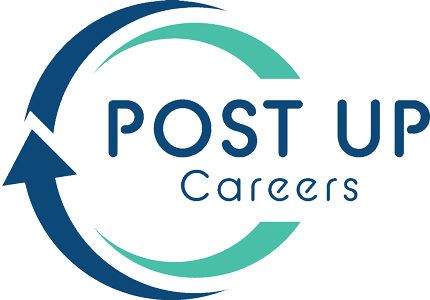Remember that time (two months ago) when you were called into your jerk-of-a-boss’ office (who you could swear had it out for you since day one) and were asked to kindly pack up your cubicle, return your employee ID, and leave immediately?
Yeah – saying “that sucked” is putting it mildly.
But after 6 weeks of informational interviews, job applications, research, and an unmentionable amount of ice cream, you’ve landed an interview at a company you’d love to work for, and the position sounds perfect for you.
But wait a minute. What happens when the recruiter asks, “Why did you leave your last job?” Should you do your best to dodge the question, or risk saying the dreaded F word: fired? We’ve seen clients through this situation before, and here’s what we suggest you do in the interview.
Come To Terms with What Happened Before You Set Foot in the Interview
Before you even start scheduling interviews, take some time to come to terms with what happened at your last job. First, it won’t look good if you go into your interview, guns blazing, and launch into a 15-minute rant about why your last boss was terrible since you haven’t fully processed your job loss. And second, taking the time to reflect on your experience and the specific, constructive ways you plan to move forward will help you explain what you have to offer to your next employer.
Keep It Short and Simple
Less is always more in this case. If you ramble on about the situation and, worse, divert blame, you’re going to look like you’re trying to cover something up. A genuine, succinct answer, like, “Unfortunately, I was let go,” is going to demonstrate your sense of honesty and accountability.
Explain What You Learned and How You Plan to Move Forward
We’re all human, and we all mess up sometimes, but the most successful people choose to learn from their mistakes. So after you’ve clarified the situation, you absolutely must share with the recruiter what you learned from the experience. Tell them how you plan to approach your work and professional relationships moving forward, then get back to explaining why you’re an excellent candidate for this position. If you can directly relate your lessons learned to the job you’re interviewing for, even better.
Never, Ever Badmouth Your Old Boss or Company
Save the rant for wine night with your friends. No matter how tempted you may be, no matter how strongly you feel you were wronged, don’t go there in an interview. No one wants to work with a gossip – or a bad sport.
Post Up Careers can take you from the initial interview to the deal-closing handshake – and can help you prepare to navigate all the career conversations in between.
We’ll dig into the job, mock interview you, provide feedback, and then do it again after helping you refine your pitch. Contact us here to schedule an appointment today.





